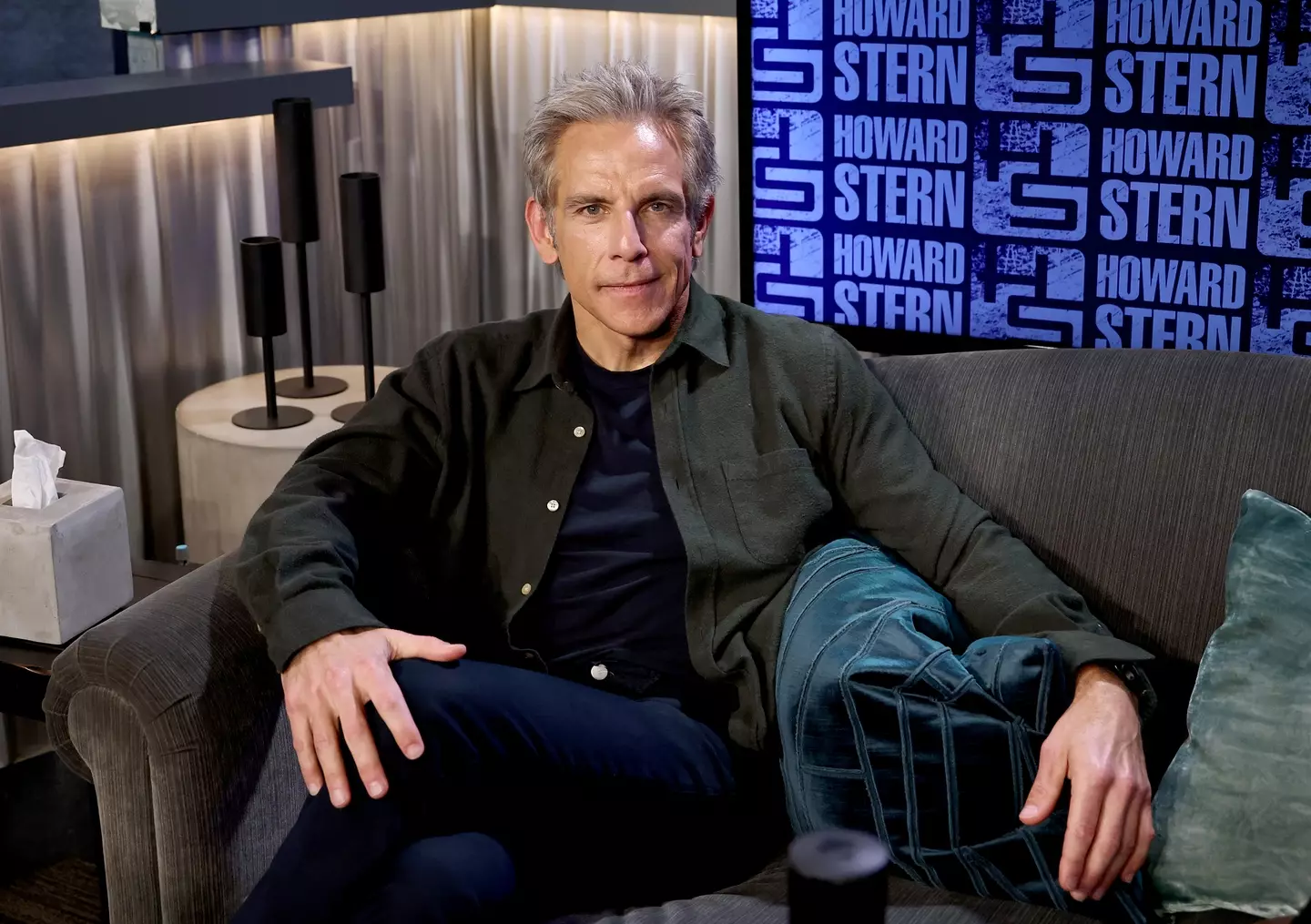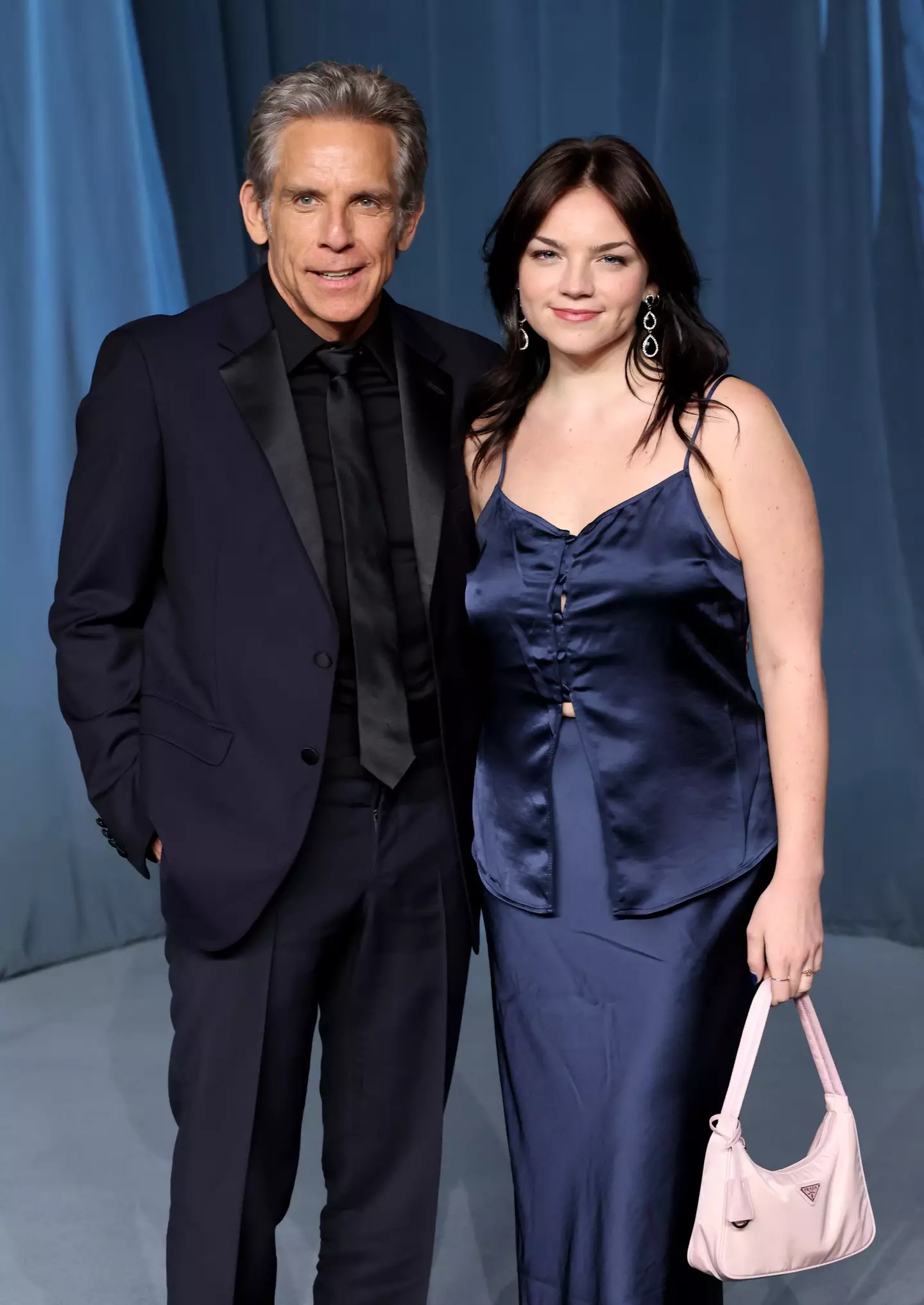Behind the glamour of Hollywood, even the biggest stars grapple with the same personal challenges as anyone else. For Ben Stiller, a celebrated career as an actor and director came with a painful price tag—a period of distance in his relationship with his daughter, Ella. The catalyst for this rift was a professional decision he made over a decade ago, one he now openly describes as the worst of his life. While directing and starring in his 2013 film, “The Secret Life of Walter Mitty,” Stiller made a choice in the editing room that would have unintended and long-lasting consequences for his family.
The plan had been a special one: his then eight-year-old daughter, Ella, was cast to play the younger version of his character’s sister. It was a chance for them to share a creative experience and for Ella to be a part of her father’s world. However, as often happens in filmmaking, scenes are sometimes cut for the sake of the overall narrative flow. Stiller made the difficult decision to remove Ella’s scene from the final film. At the time, it may have seemed like a simple editorial choice, but the emotional impact was profound and immediate.

Stiller recently revealed on The Howard Stern Show that this action severely damaged his relationship with his daughter for many years that followed. He reflected on the moment with clear regret, emphasizing the lesson he learned: if you are going to put your child in a movie, make sure it is in a scene that you are committed to keeping no matter what. The incident became a painful symbol of how his professional pursuits could inadvertently cause personal hurt, creating a wound that took a long time to heal.

In his new documentary, “Stiller & Meara: Nothing Is Lost,” the actor confronts this mistake head-on, telling his daughter directly that cutting her out was his life’s worst decision. Today, Ella, now 23, has a mature perspective on the event. She has reassured her father, recalling that she was actually quite scared during filming and agreeing that the scene did not ultimately fit well in the movie. Despite her understanding, Stiller continues to grapple with the deeper meaning of his choice.
For Stiller, the incident is not just about one deleted scene; it points to a larger pattern of perfectionism and an obsession with his work. He had believed he was doing a better job at balancing fatherhood and career than his own famous parents, comedians Jerry Stiller and Anne Meara, had. He now realizes that despite his efforts to be present, his children experienced the same sense of his absence that he felt as a child. This painful self-awareness is a powerful reminder that the quest for professional perfection can sometimes come at the cost of what matters most.


